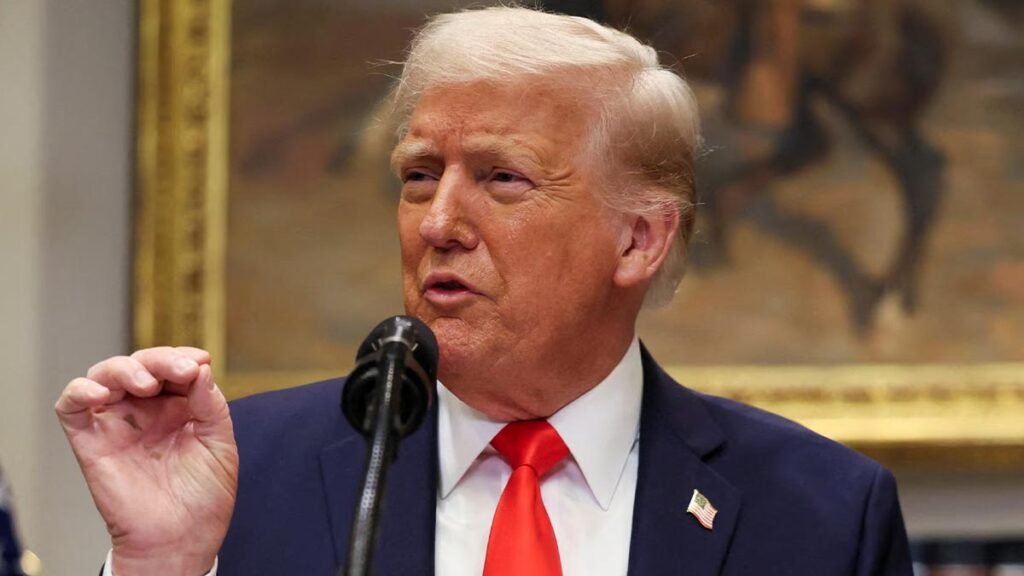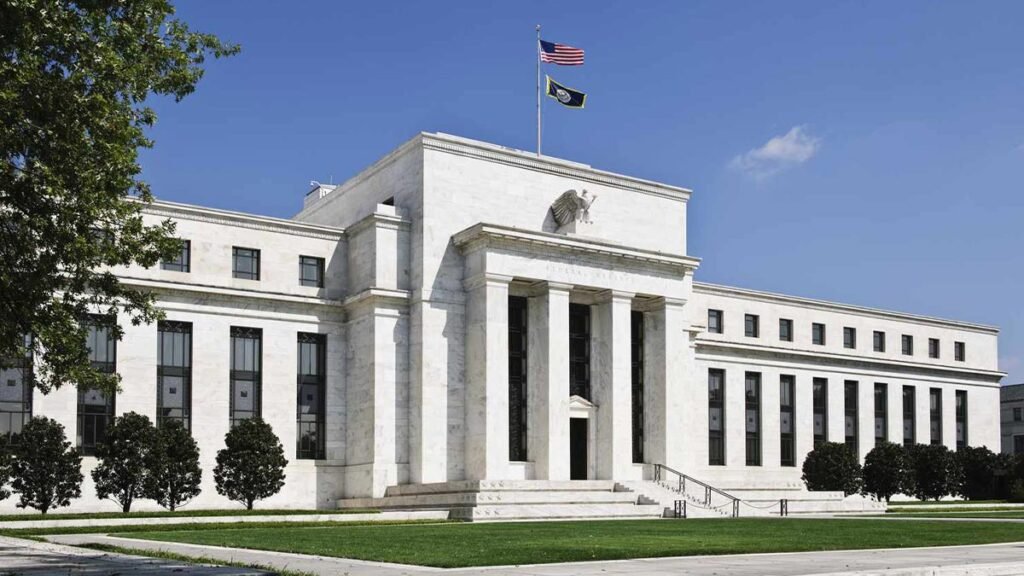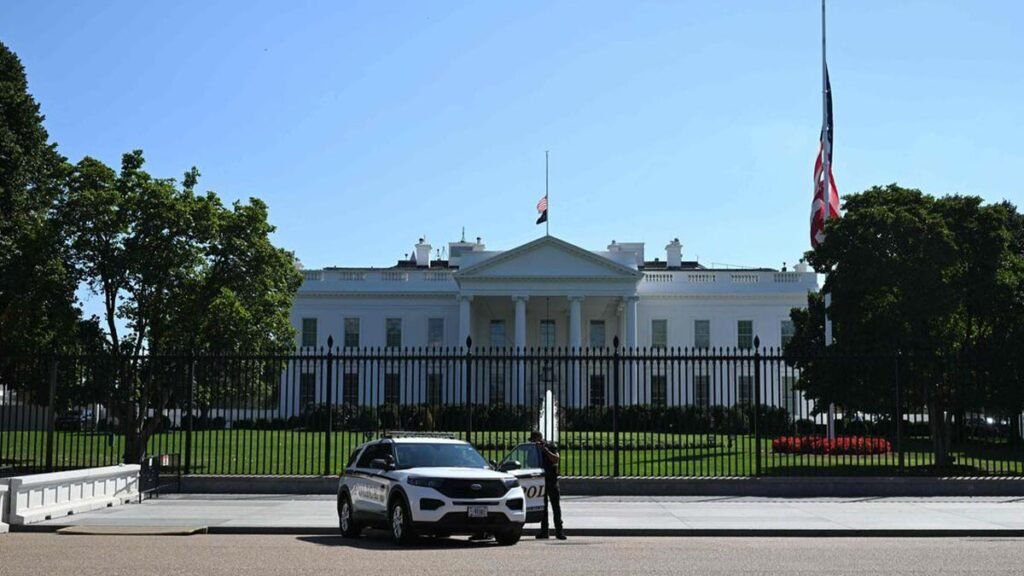A federal judge has sharply criticized the Trump administration for allegedly attempting to bypass U.S. court orders that protect migrants from deportation to countries where they could face persecution or torture. The case centers on controversial deportations to Ghana, raising serious legal and human rights questions about immigration enforcement.
Court Orders Emergency Response from Government
U.S. District Judge Tanya Chutkan on Saturday accused the administration of making an “end-run” around legal obligations designed to protect vulnerable migrants. She ordered the government to explain what steps it was taking to prevent deportees from being transferred to countries where they might face torture or death.
During an emergency hearing, Judge Chutkan expressed frustration with the government’s defense, calling it “disingenuous” and suggesting the deportations appeared to be a deliberate effort to circumvent legal protections.
Details of the Ghana Deportation Operation
Earlier this month, U.S. authorities deported more than a dozen migrants to Ghana, including nationals from Nigeria and Gambia. Ghana recently joined a list of countries willing to accept such “third-country deportations,” a practice the Trump administration expanded to accelerate removals.
Several of the deportees had been granted protection by U.S. immigration judges, specifically prohibiting their return to their home countries due to well-founded fears of persecution or torture. These protections stem from both U.S. immigration law and the United Nations Convention Against Torture.
Violation of Diplomatic Assurances
Ghana had reportedly assured the U.S. that migrants sent there would not be transferred to unsafe countries. However, rights groups told the court that these assurances are already being violated. Lawyers revealed that one deportee, a bisexual man from Gambia, has already been returned despite a U.S. court order shielding him. Others have been warned they could be sent back as early as next week.
Government’s Legal Defense
The Justice Department argued that the U.S. cannot control what Ghana does once migrants are transferred. Government lawyers cited a recent Supreme Court ruling that permits the administration to deport immigrants to third countries, even without giving them an opportunity to express fears of torture.
Judge Chutkan firmly rejected this defense. “Please don’t tell me you don’t have any control over Ghana,” she said, suggesting that the U.S. could intervene by retrieving the deportees, relocating them to safer countries, or pressuring Ghana to uphold its agreement.
Harsh Detention Conditions Alleged
Attorneys for the migrants also allege that deportees are being held in harsh conditions in Ghana. Court filings describe “squalid facilities guarded by armed soldiers” and claim that some were restrained in straitjackets for nearly 16 hours during their U.S. military flight. The Justice Department has not publicly responded to these specific allegations.
Broader Immigration Context
The case highlights a controversial element of the Trump administration’s immigration policy: deporting migrants to third countries as a way to fast-track removals and discourage asylum seekers. Ghana joins nations such as El Salvador, Panama, and Costa Rica in accepting non-nationals under these agreements.
This legal battle underscores the ongoing tension between aggressive deportation strategies and longstanding protections meant to shield migrants from persecution, torture, or death in their home countries.


